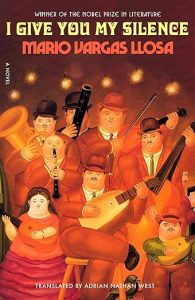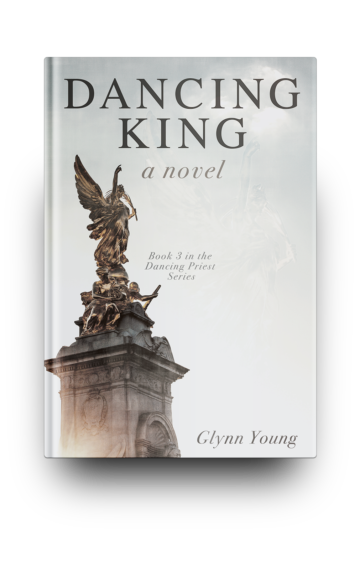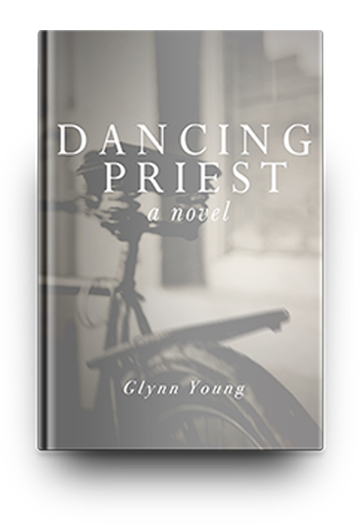In 1915, young reporter Elizabeth Putnam of the New York World is assigned a story on the Gray Wisp. New information has come to light about this Confederate spy in the Civil War, a figure of legend, myth, and wildly competing claims. What no knows is the man’s identity. The reporter follows leads which eventually bring her […]
Main Content
“I didn’t get the feeling that I was reading a typical book. It was almost as if I were spying on these people’s lives. I was the insider into an amazing array of people and situations that had me at times happy and more often than I’d like to admit in tears. Young is not writing a behemoth novel for page or word count. He is telling a story.”




When I Discovered Latin American Literature
Yesterday, I received I Gave You My Silence, the new novel by Nobel Prizewinner Mario Vargas Llosa. Vargas Llosa died last year; this is his final work, published posthumously. When I saw the notice that it was being published. My mind moved back in time, some 40 years, to 1986. I was …
[Read More...] about When I Discovered Latin American Literature

In Praise of Art Museums as Sources of Inspiration
I’d heard that, as you age, you often become more interested in art. What I didn’t expect was to discover how that growing interest in art would affect my fiction writing. I wasn’t a stranger to art, but I can’t say it was a major preoccupation, either. I had two semesters of art history in …
[Read More...] about In Praise of Art Museums as Sources of Inspiration

Some Reviews of “Brookhaven”
Reviewers have had kind things to say about my novel Brookhaven. Here are a few of them. Outstanding novel about the Civil War “Though this is a novel, the author has included a lot of historical information about the Civil War times that amplifies the horror and destruction of this …

“The Prodigal of Leningrad” by Daniel Taylor
I’m trying to remember when I first became interested in Russian history. Most likely, when I was 10, and one of my Christmas presents (my mother knew me) was a Horizon Caravel book entitled Russia Under the Czars. I must have read it a dozen times. And I still have it. My senior year in …
[Read More...] about “The Prodigal of Leningrad” by Daniel Taylor

Cultivating, Winter 2026: Renewing Gratitude
The winter issue of Cultivating Oaks Press is live, and the theme is renewing gratitude. This issue includes some wonderful essays, articles, and stories by Rob Jones, Annie Nardone, Sheila Underwood Vamplin, Adam Nettesheim, Christina Brown, Lara d'Entremont, Kelly Keller, Maribeth Barber, and many …
[Read More...] about Cultivating, Winter 2026: Renewing Gratitude




